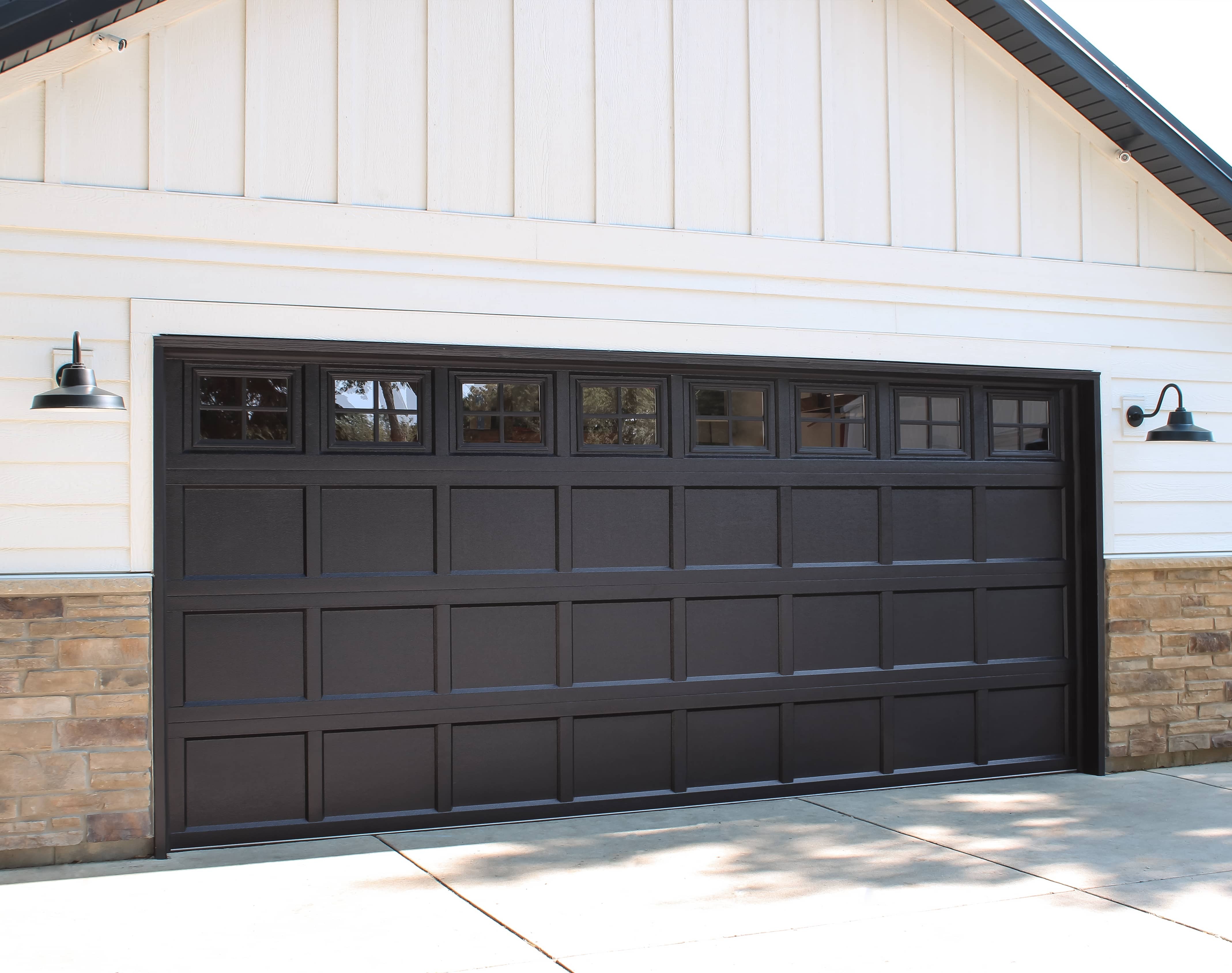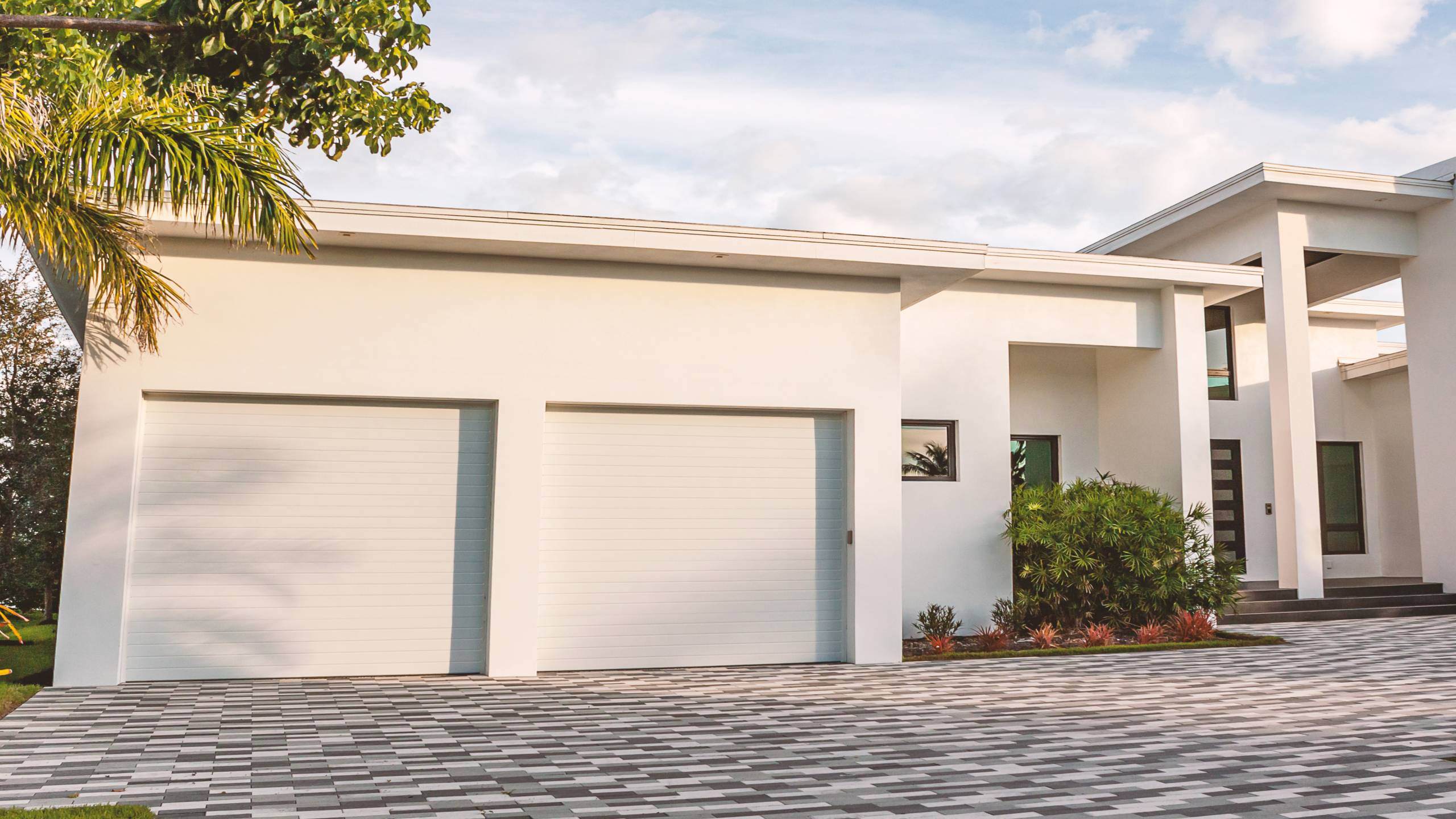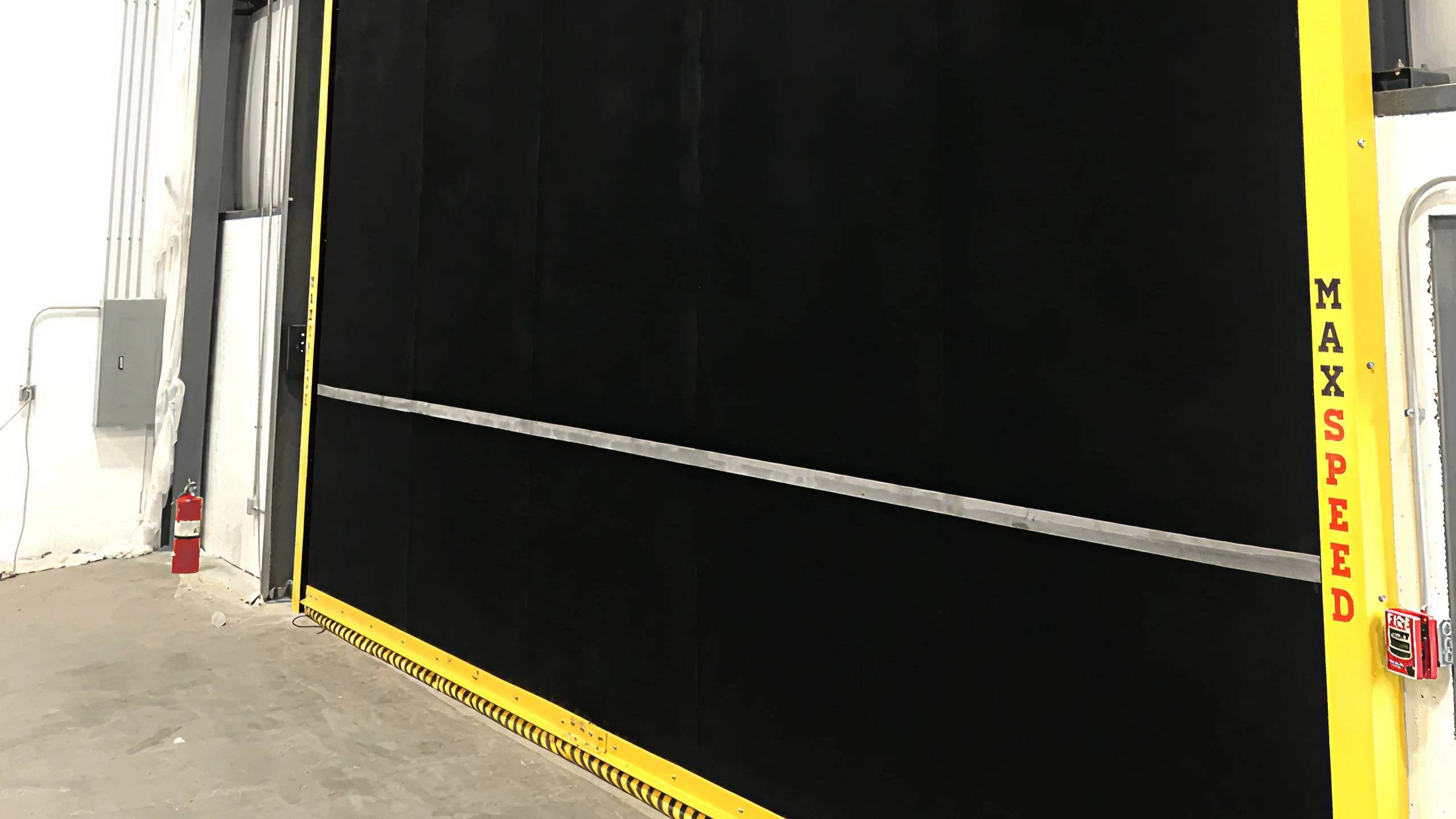If you’ve ever tried to hang doors in your home, you’ll know that two doorways are rarely the same size. This is also true for garages, so residential garage doors come in a variety of sizes.
We want to help you find the perfect residential garage door. This size chart gives you an idea of the range of sizes available, including common and not-so-common sizes for single and double garage doors.
Common garage door sizes
The most common garage door sizes we see are:
- Single garage doors: Most "single car" garage doors measure 8 feet wide by 7 feet high.
- Double garage doors: Most "double car" garage doors measure 16 feet wide by 7 feet high.
However, all garage openings are unique. We manufacture a wide variety of sizes for every garage. Please work with your local C.H.I. Dealer to order the correct size for your home or application.
How to use this garage door size chart
If you need a replacement door
We recommend measuring your existing doorway to find out what size garage door you’ll need. There’s no guarantee your current residential garage door is well-fitted, so doorway measurements are a better starting point for getting accurate estimates from garage door companies.
How to measure your doorway
Grab a tape measure and your cell phone or a pen and paper for making notes.
Measure the:
- Width of your doorway from one edge of the doorframe to the other
- Height of your doorway from the floor to the edge of the doorframe
- Gap between the top of the doorway and the ceiling (this is called the head height)
- Space on either side of the door from the edge of the doorway to the wall
Tip: add an inch or two to your doorway width measurement, as you’ll need a half-to-one-inch overlap either side for a good seal when the door’s closed.
If you’re building a new garage
As you’re not restricted by your existing doorway, you have more freedom when it comes to door size. Here's what to consider when deciding what works for you and your space.
- The door should be proportionate to your garage
- Smaller residential garage doors are more cost-effective than larger ones
- Common sizes are more readily available and have shorter lead times
- How many doors you need. If you have a large space, you might want multiple doors or one large door
- Energy efficiency. Smaller doors limit air transfer when they're open so are more efficient
- What you want to store in the garage, e.g., if you want to store a vehicle in there, make sure it’ll fit
Finding the right fit
Work with experts to find the perfect door for your needs. For help with everything related to garage door style, size, color, and more, get in touch with one of our specialist dealers.






